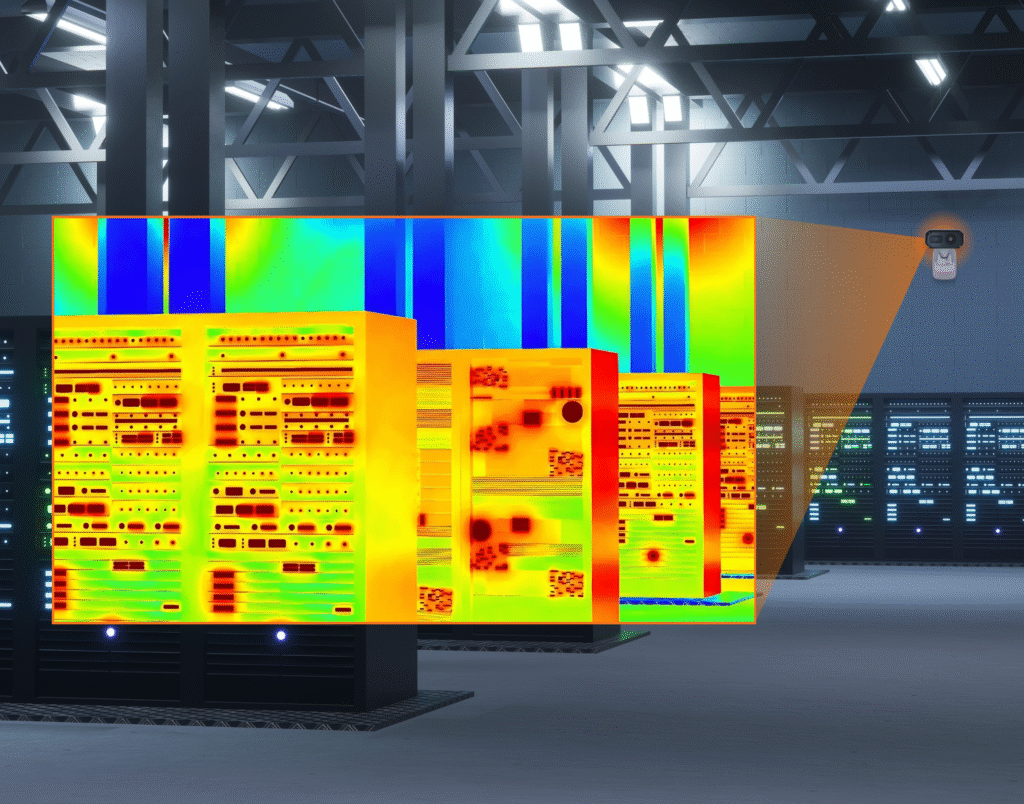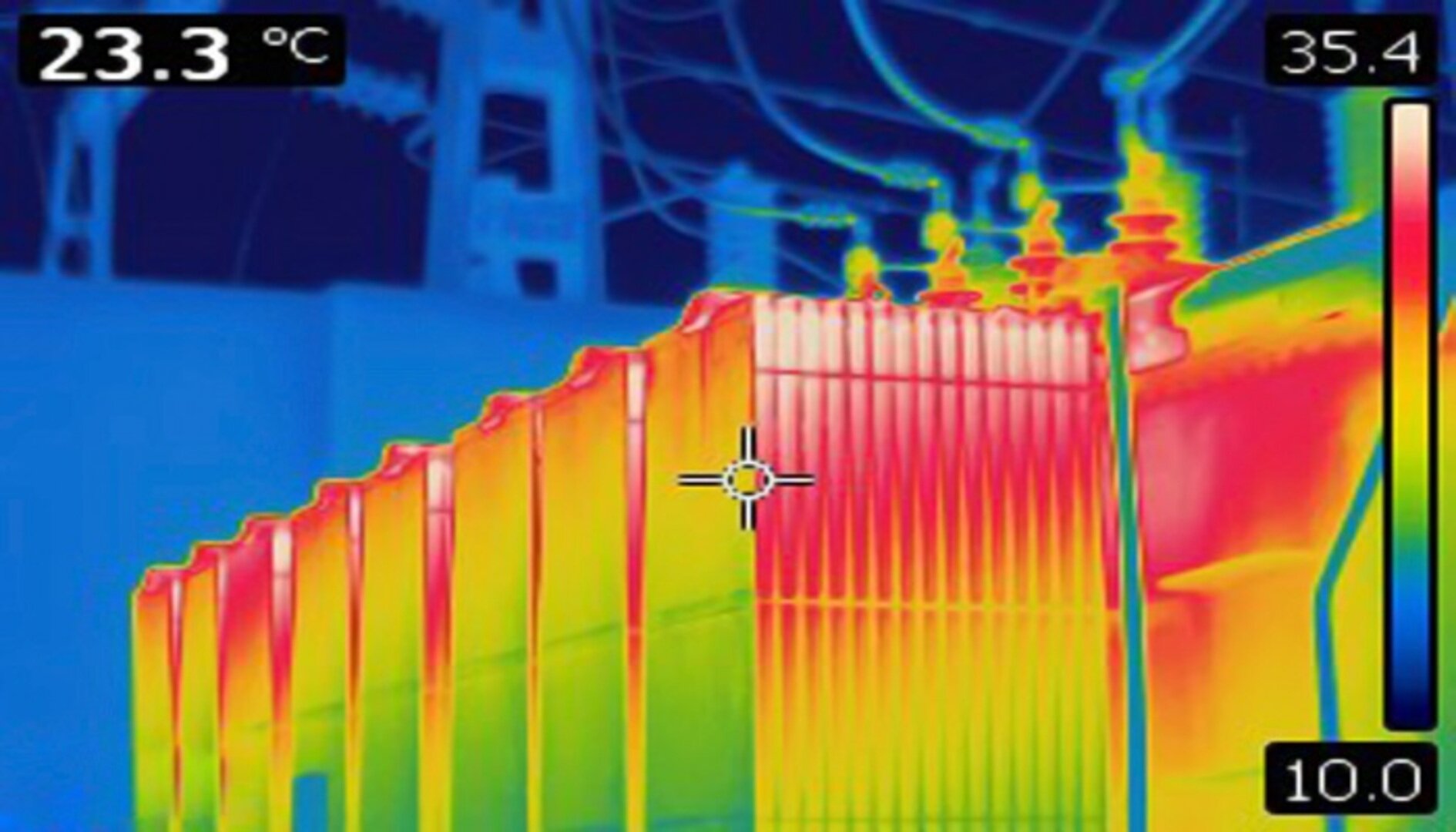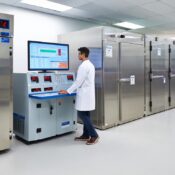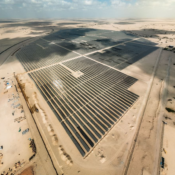Temperature mapping study plays a crucial role in ensuring that storage facilities in Saudi Arabia operate within safe and efficient thermal conditions. However, the true value of temperature mapping lies not only in the data collection process but in the post-mapping analysis — the stage where collected data is transformed into meaningful insights and practical improvements. At Eximia360 (www.Eximia360.com), our temperature mapping study services across Saudi Arabia, Jeddah, Dammam, and Riyadh focus on converting raw data into strategic actions that enhance storage efficiency, product safety, and regulatory compliance.
Understanding Post-Mapping Analysis
After conducting a temperature mapping study, large volumes of temperature data are gathered from various sensors strategically placed throughout the warehouse or storage facility. This data reveals how temperature fluctuates over time, across zones, and under different operational conditions. The post-mapping analysis process involves reviewing these temperature variations to identify any inconsistencies or areas that fall outside the required temperature range.
For instance, in a warehouse storing pharmaceuticals or food products, even minor temperature deviations can compromise product quality. By analyzing the data obtained from a temperature mapping study, Eximia360 identifies these weak zones and provides recommendations for corrective actions, such as improved air circulation, equipment upgrades, or layout changes.

Identifying Problem Areas and Root Causes
The primary objective of post-mapping analysis is to pinpoint problem areas that may affect storage performance. In facilities across Riyadh, Dammam, and Jeddah, we often find temperature discrepancies caused by factors such as poor airflow design, malfunctioning HVAC systems, or external heat exposure.
During the analysis phase, Eximia360 experts use advanced data visualization tools and statistical models to locate hot and cold spots, identify peak fluctuation periods, and correlate these variations with operational patterns. Understanding these micro-level insights helps decision-makers take targeted corrective measures rather than relying on broad assumptions.
Transforming Data into Action
Once the problem areas are identified, the next step is developing an actionable improvement plan. This is where post-mapping analysis truly adds value to your temperature mapping study.
Eximia360’s approach emphasizes data-driven decision-making. We translate the analysis results into practical recommendations that can be immediately implemented. For example:
- Design Improvements: Reconfiguring shelf placement or equipment positioning to improve airflow.
- Operational Adjustments: Modifying storage practices or adjusting temperature set points during peak hours.
- Maintenance Optimization: Scheduling preventive maintenance for HVAC or cooling systems based on data patterns.
- Energy Efficiency Enhancements: Reducing unnecessary energy consumption while maintaining stable temperatures.
These actions not only improve temperature control but also extend equipment life and reduce energy costs — a key consideration for Saudi businesses aiming to balance efficiency with sustainability.
Supporting Regulatory Compliance
Temperature mapping study and its post-analysis are essential for meeting Saudi Food and Drug Authority (SFDA) and international compliance standards such as WHO, GMP, and GDP. By analyzing and documenting the temperature performance of a facility, Eximia360 ensures that warehouses maintain full traceability and compliance, especially in sectors like pharmaceuticals, logistics, and food storage.
Our post-mapping reports include detailed visual charts, deviation summaries, and improvement recommendations, providing complete transparency for audits and inspections.
Continuous Improvement for Saudi Warehouses
The post-mapping analysis isn’t a one-time process; it’s part of a continuous improvement cycle. As facilities expand or environmental conditions change, repeating temperature mapping studies and comparing results over time helps ensure consistent performance.
Eximia360’s temperature mapping study services in Saudi Arabia, Jeddah, Dammam, and Riyadh are designed not just to meet immediate compliance needs but to drive long-term operational excellence. By converting data into actionable insights, we help Saudi warehouses enhance reliability, protect products, and operate with greater energy efficiency.
In summary, post-mapping analysis is the bridge between temperature mapping study data and real-world performance improvements. Partnering with Eximia360 ensures that every temperature reading counts — leading to smarter, safer, and more efficient storage environments across Saudi Arabia.













